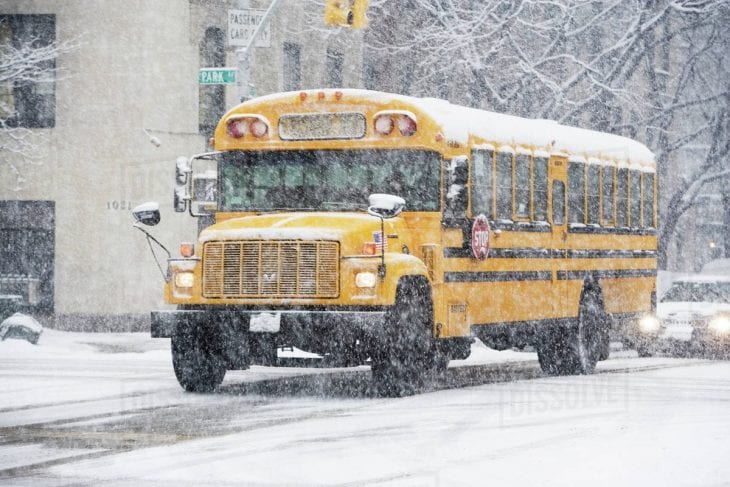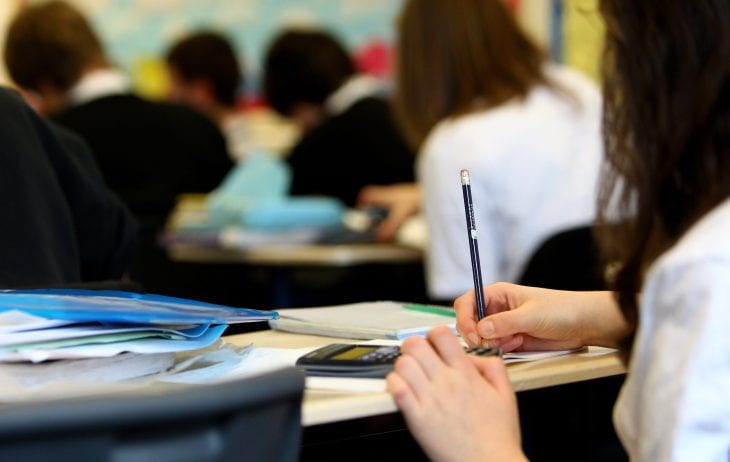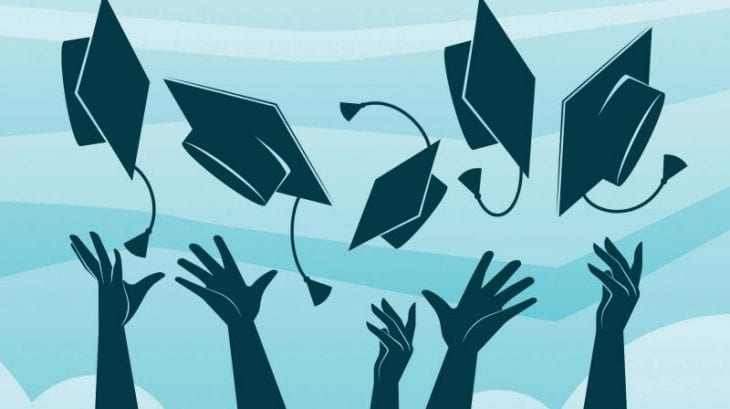Our current education system stems from the industrial age. As Sir Ken Robinson describes in his book ‘Creative Schools’, from 1800 onwards it was optimally arranged to prepare young people for a targeted, appropriate task that they can carry out for 50 years. Within this system we have introduced a number of (unwritten) rules to optimize that process. It is now 2019, time for change?

Source: dissolve.com
Contents
10 hours to school
Designed to fit in with the rhythm of working people, most schools start around 8:30 am, which means that students often set the alarm at around 7:30 am. Various studies show that it would be better to start schools at 10:00: adolescents have a biological rhythm that makes sleeping difficult and their development requires relatively more sleep than adults. Starting later can be good for the results, as various studies show (although there are also noises: the fact is that current school times are under discussion). With the current number of teaching hours in secondary education, there is a challenge to this, but it is certainly possible. Primary education is already working on it.
Select later (or just not?)
You are academic or it is not: you go towards administration or leadership or are in the factory hall. Language deficits can quickly lead to a lower level of education, whereby the ‘way up’ within the same box is very difficult. Many studies show that it is better to give pupils longer opportunities to flourish before we select… but maybe we should stop doing that and allow students to follow subjects at the levels that suit them, regardless of the age they have?

Source: Virgin
Break through rows
You sit next to your classmate (or alone) with your face to the teacher, a clear signal of how you will be taught. You will receive information about what you will learn and how you will learn it. Coupled with the selection with a permanent job for 50 years, this can be explained, but in the current era where the knowledge monopoly of the teacher has disappeared, learning requires more dynamic spaces. Even online writing services such as anonymous-essay offer a new approach for students to work on writing.
Less keys
A good selection requires the right data. The constant flow of data gives us insight into the progress, which ensures that we can provide more suitable education. Even though these academic measuring instruments provide useful insights, it is also apparent from various sounds that the number of tests in secondary education as well as pupils and teachers is too high.

Source: appdevmag.com
More skills
In the days when the first public schools opened, a teacher had the knowledge and handed it over to the students. Knowledge remains important (how else do you know where to look), but the monopoly on that knowledge of teachers has now disappeared. Skills to gain knowledge are becoming increasingly important. Even though many schools are already working on skills.
More precise classification
Focused on the profession that a pupil would carry out later, the education is organized in such a way that you are prepared by means of a funnel through selection and selection for a course that suits a profession that you will carry out for a long time. To do this effectively, we divide large groups of students according to their level and age; pedagogy, the study of learning from pupils.

Source: deccanchronicle.com
